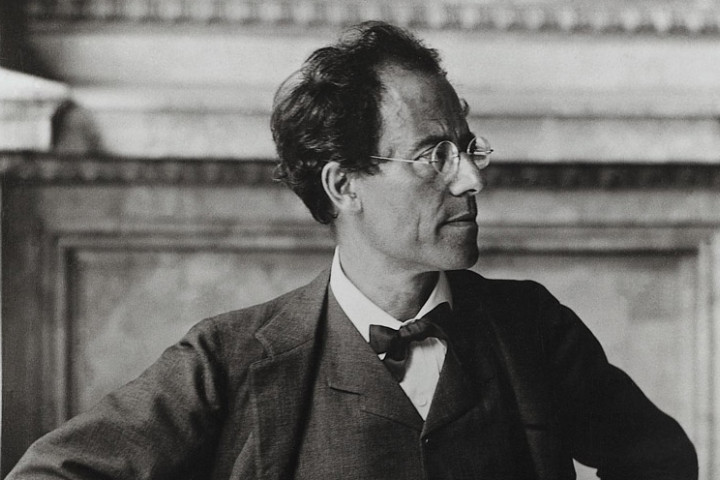Gustav Mahler (1860-1911) is celebrated as one of the most influential composers and conductors of the late Romantic era. His symphonies and song cycles are renowned for their emotional depth, innovative orchestration, and philosophical complexity. Here are five fascinating curiosities about this remarkable composer:
1. A Superstitious Fear of the “Curse of the Ninth”
Mahler was deeply superstitious, particularly regarding the so-called “Curse of the Ninth,” a belief that no composer could write more than nine symphonies without facing death, as was the case with Beethoven and Bruckner. To outwit the curse, Mahler titled his ninth large-scale orchestral work Das Lied von der Erde (“The Song of the Earth”) instead of labeling it as his Ninth Symphony. Despite this, he completed his Symphony No. 9 afterward but died before finishing his Tenth Symphony, seemingly affirming the superstition.
2. A Composer and Conductor Extraordinaire
While Mahler is primarily remembered for his compositions today, he was equally, if not more, renowned in his time as a conductor. His tenure at the Vienna Court Opera (1897-1907) and the New York Philharmonic solidified his reputation for demanding perfection and pushing orchestras to new artistic heights. His meticulous attention to detail and emotional intensity left an indelible mark on the world of classical music.
3. Nature as a Profound Influence
Mahler found profound inspiration in nature, often retreating to secluded “composing huts” in the Austrian countryside during the summers. Surrounded by mountains, lakes, and forests, he wrote many of his symphonies and song cycles. The sounds of birdsong, cowbells, and flowing water frequently found their way into his music, reflecting his deep connection to the natural world.
4. A Complex Personality and Difficult Relationships
Mahler’s intense personality and high artistic standards often made him a challenging figure both professionally and personally. His marriage to Alma Mahler was marked by both passionate love and considerable strain, exacerbated by his controlling tendencies and her affairs. Despite these difficulties, Alma played a significant role in preserving and promoting Mahler’s legacy after his death.
5. Music That Bridges Life and Death
Themes of mortality and existential reflection permeate Mahler’s music. Having faced the early loss of siblings and grappling with his own health issues, Mahler often explored the fragility of life in his works. His Kindertotenlieder (“Songs on the Death of Children”) and Symphony No. 9 are profound meditations on death, yet they also convey a sense of acceptance and transcendence, offering listeners a deeply moving experience.
Gustav Mahler’s music continues to resonate with audiences worldwide, offering a rich tapestry of emotional and philosophical exploration. His life and work remain a testament to the enduring power of artistic expression.


Comments are closed